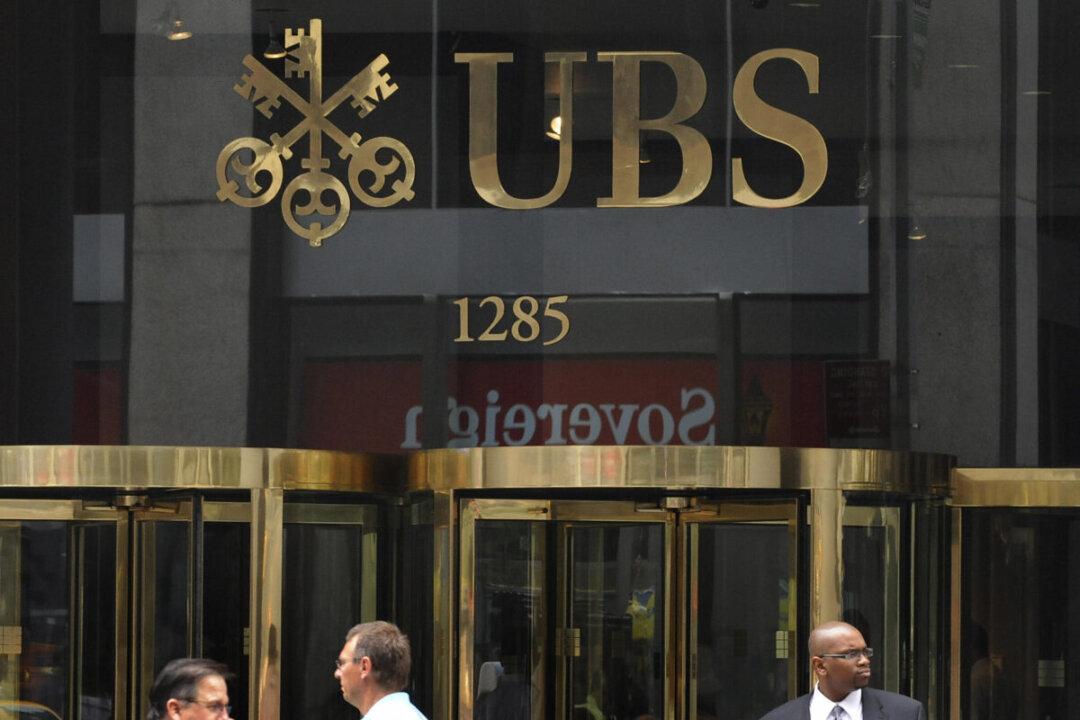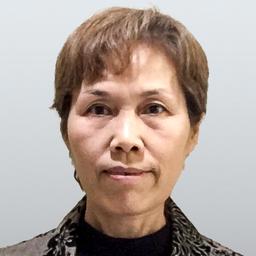News Analysis
The Swiss Federal Tax Administration (FTA) has almost completed its transfer of offshore customer information to hundreds of countries and territories, signifying that Switzerland—the world’s largest offshore financial center—has abandoned its three-centuries-old system of keeping bank customer’s information secret, and ending its use as a safe haven for the illegal funds of terrorists and dictators, including the Chinese Communist Party’s (CCP’s) corrupt officials.





